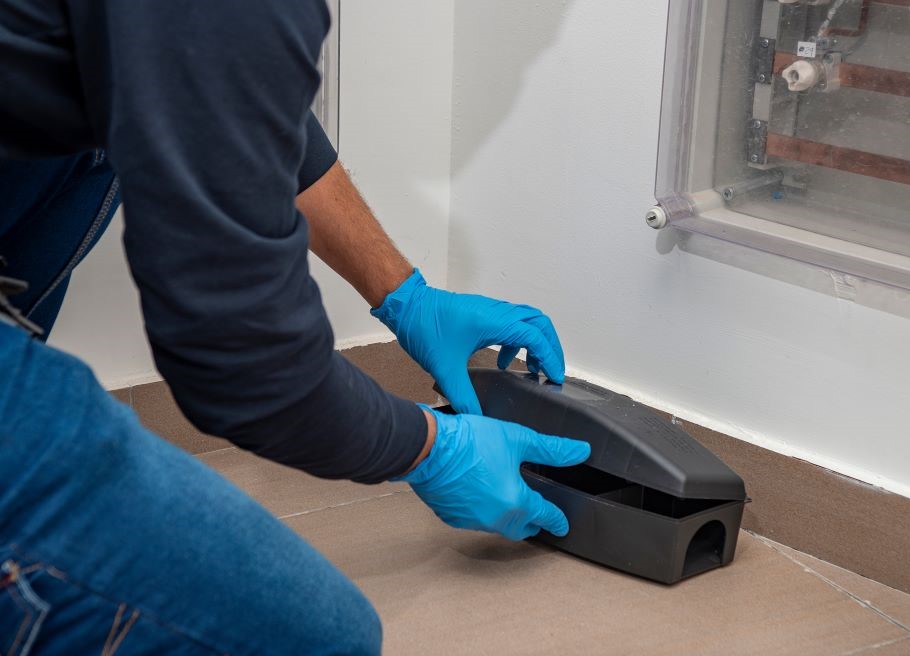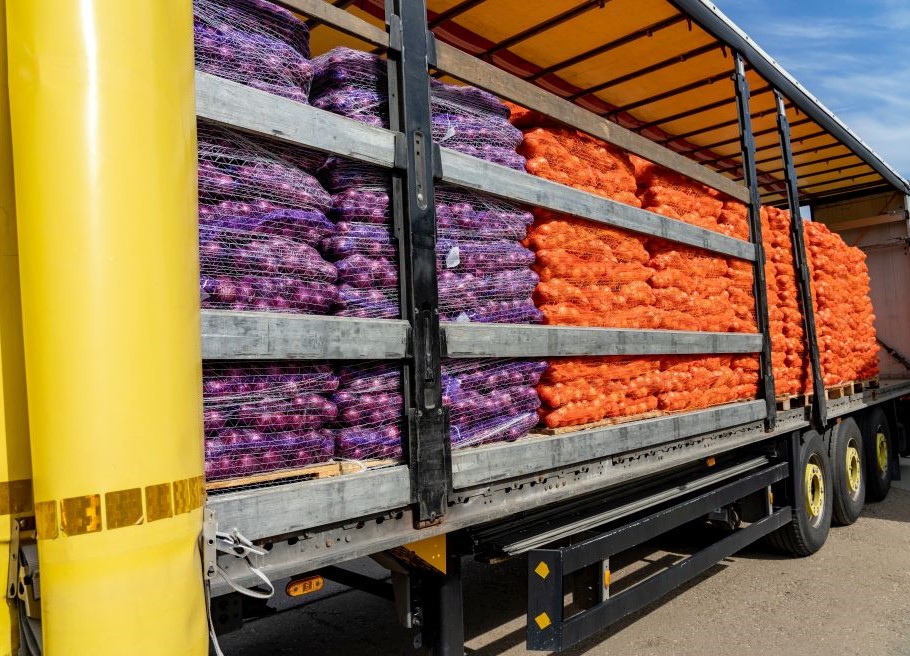How Blockchain is Transforming the Food Industry: Perspectives from Ali Asgar Abbas, Co-Founder of ProofEasy
Transcribed from the Eye on Food Safety with Dr. D Podcast
The food industry is facing a growing array of challenges, from supply chain disruptions to rising consumer demands for transparency. Amidst these complexities, one technology has emerged as a potential game-changer: blockchain.
By providing a secure, decentralized platform for tracking and verifying food data, blockchain holds the promise of enhancing food safety, reducing fraud, and restoring trust across the global food system.
In the September 2024 episode of the “Eye on Food Safety with Dr. D ” podcast, host Dr. Darin Detwiler sat down with Ali Asgar Abbas, the founder of ProofEasy, to discuss how blockchain can revolutionize the food industry.
Abbas began by explaining the core principles of blockchain technology.
“Blockchain is an infrastructure technology, and I like to use this very simple concept that I’ve come across … imagine a neighborhood with a few residents, and suppose Resident B borrows $1 from Resident A, and A informs other residents by shouting, “I am A, and I have just lent $1 to B.” Subsequently, B will go around and say, “I am B, I just borrowed $1 from A.” But what happens? Other residents in the vicinity, C, D and E, hear what they say, and they write down on the ledgers, that A borrowed money and B lent money on 18th of September. What this means now is that the whole neighborhood knows about this transaction … it is visible to everyone.
“(Blockchain) executes transactions without any intervention, and forces compliance and provides governance for the entire network, and yet no single authority manages the network. In short, what it does is it fills a large gap of trust and transparency that people experience with the current technology.”
He went on to describe blockchain as a decentralized digital ledger that records transactions in a secure and transparent way.
“Once the block is added, it’s permanent. That means it cannot be altered or deleted. And this makes it highly secure, and the underlying cryptography of it makes it very, very unique and also very secure and trustworthy in terms of how the transactions are handled on the blockchain.”
According to Abbas, the food supply chain faces several critical risks that blockchain can help mitigate.
“Document fraud happens when there’s an issue; there are a lot of false certifications going around claiming that food meets certain safety or quality standards, and this results in health risks for consumers. There are mislabeled products, for example, incorrect expiry dates, or misleading ingredient information. This can cause potential allergic reactions or even foodborne illnesses.”
He also highlighted the lack of traceability in the current system, which “makes it very difficult to track the movement and origin of products from their source to the end customers and consumers. This makes it hard for businesses to ensure product safety and, most importantly, meet customers’ expectations.”
By integrating blockchain into their processes, businesses can address these challenges.
As Abbas explained, “Blockchain can verify important safety certifications, compliance documents, and this can ensure that it meets the industry standard. Now, why verification? As I mentioned earlier, blockchain is a trusted point of reference once a certification or data is written on that it can be easily verified without any third-party involvement.”
Furthermore, blockchain’s ability to record every transaction on an immutable ledger can help reduce the risk of counterfeits and enable faster, more targeted recalls.
“With this kind of a mechanism, it allows different stakeholders from different domains, different industries, to trace the source of the ingredients, the actual product, quickly and accurately. And of course, with all these features of traceability and transparency, it enables faster recalls. That means, since we know now, where is the goods, it helps to identify the exact point of failure … and businesses can only target those products that actually need to be recalled, and thus minimizing waste and costs.”
Abbas emphasized that Proof Easy, his blockchain-based solution, is designed to be easy and affordable for businesses of all sizes to implement.
“For smaller businesses, our plans start from as little as $19 a month – we try to make it affordable and not limit the adoption of blockchain technology just to small businesses alone.”
As the food industry continues to grapple with issues like fraud, adulteration, and inefficient recalls, blockchain-powered solutions like Proof Easy offer a promising path forward. By enhancing traceability, transparency, and trust, these technologies can help food safety professionals better protect consumers and strengthen the integrity of the global food supply.
This conversation, and all the previous episodes of Eye on Food Safety with Dr. D., are available for listening on Apple Podcasts and Spotify, and video recordings of the live event can be viewed on demand with a Premium Subscription from GFSR.

-
 FeaturedRisk management
The Cost of a Breach: What a Cyberattack Could Mean for Food Safety Recalls
FeaturedRisk management
The Cost of a Breach: What a Cyberattack Could Mean for Food Safety Recalls
-
 FeaturedRisk management
Securing the Food Chain: How ISO/IEC 27001 Strengthens Cybersecurity
FeaturedRisk management
Securing the Food Chain: How ISO/IEC 27001 Strengthens Cybersecurity
-
 FeaturedRisk management
Revolutionizing Food Safety Training: Breaking Out of the “Check-the-Box” Mentality
FeaturedRisk management
Revolutionizing Food Safety Training: Breaking Out of the “Check-the-Box” Mentality
-
 GFSI Standards
GFSI 2025: Building Trust, Tech-Forward Solutions, and Global Unity in Food Safety
GFSI Standards
GFSI 2025: Building Trust, Tech-Forward Solutions, and Global Unity in Food Safety
-
 FeaturedFood Safety
Integrated Pest Management: Strategies to Protect Your Brand’s Reputation
FeaturedFood Safety
Integrated Pest Management: Strategies to Protect Your Brand’s Reputation
-
 FeaturedFood Safety Culture & Training
No Open Door Policy: Challenges That Impact Pest Control in Food Processing Plants
FeaturedFood Safety Culture & Training
No Open Door Policy: Challenges That Impact Pest Control in Food Processing Plants



